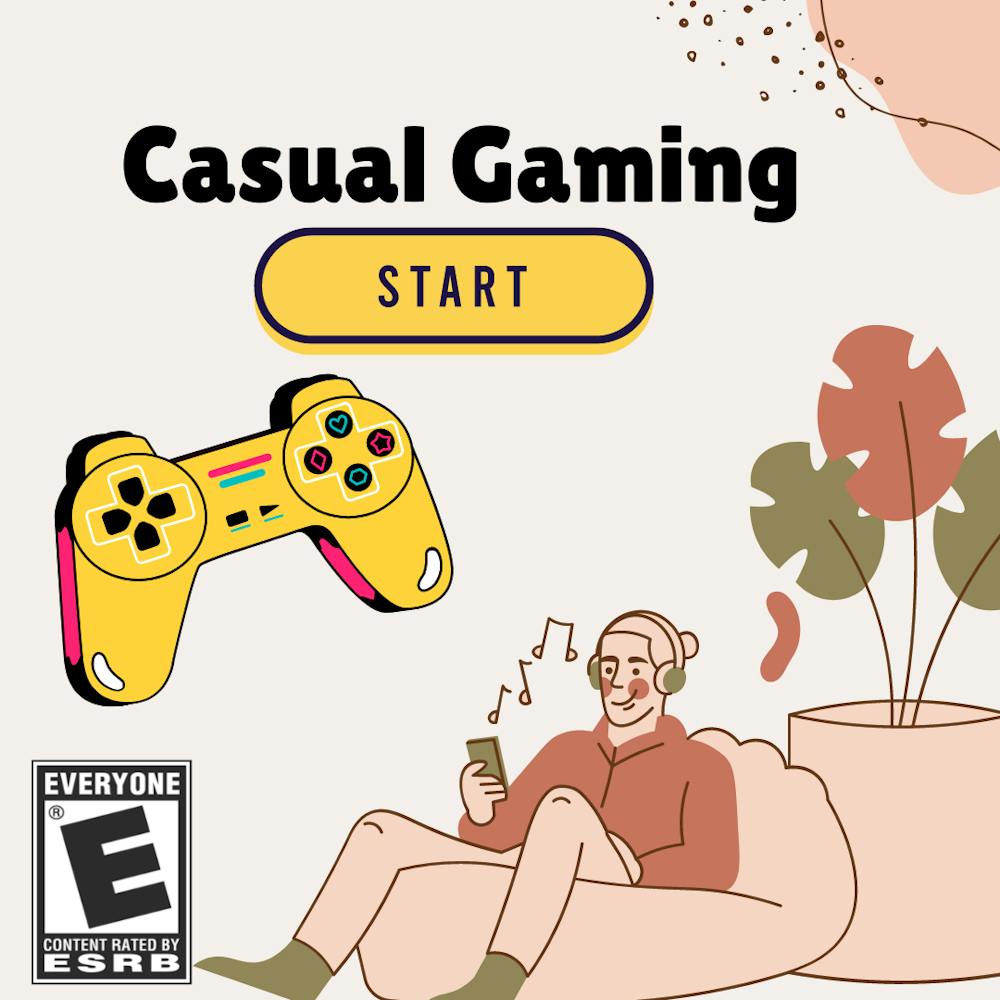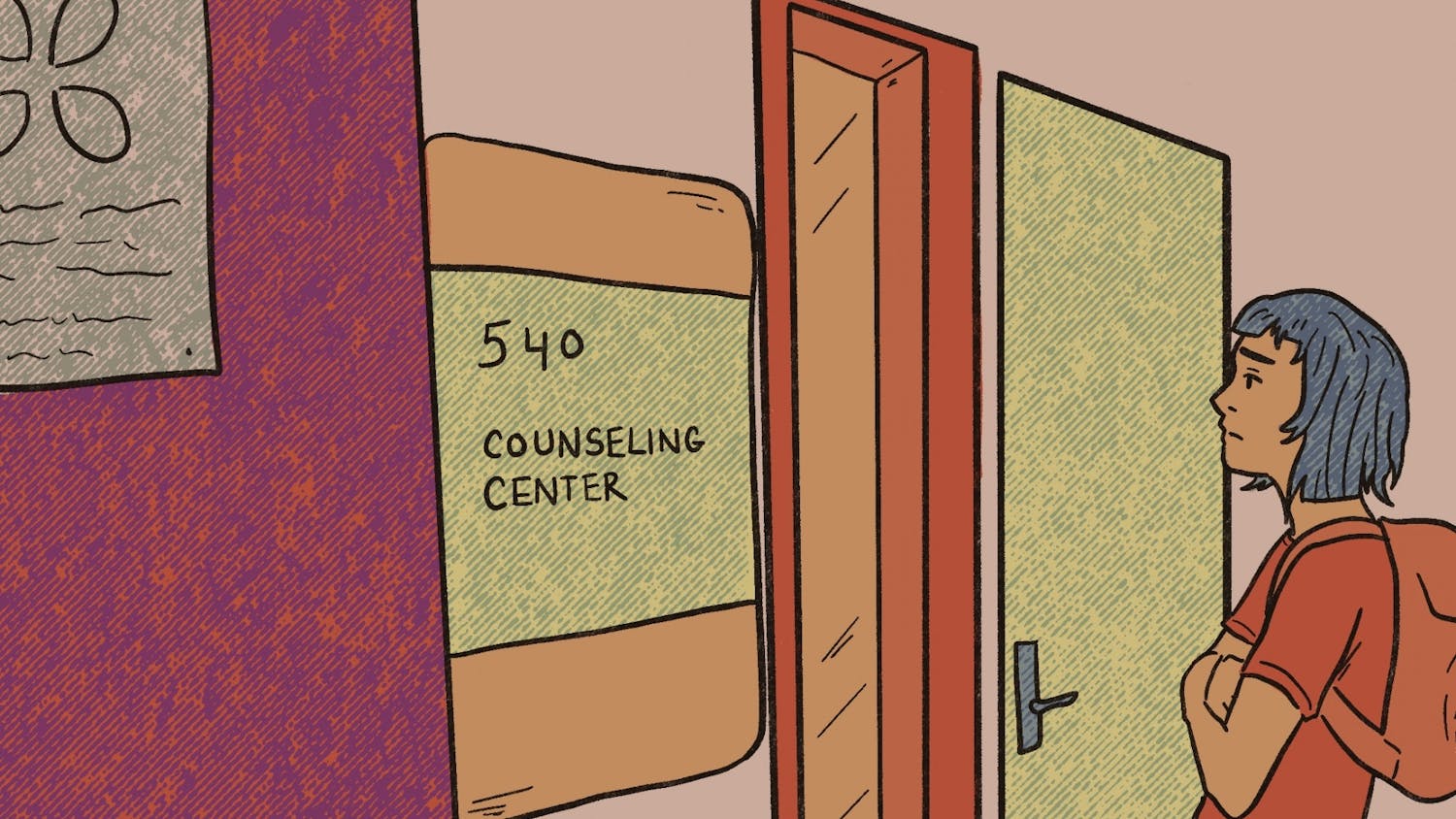When I was in high school, it was common to be considered a nerd if you played video games. At Western Washington University, you walk five feet and you overhear someone talking about Animal Crossing or Minecraft.
Now, that may be hyperbolic, but it still blows my mind how much gaming as a hobby has moved away from the “only for nerds” stereotype.
I believe this stereotype has faded, in part, because of the rise of the popular cozy or casual game genre. Cozy games are games that tend to have a relaxing vibe with little dramatic tension or stakes.
“Casual games have extremely broad appeal due to allowing the player to decide what kind of pressure they want to be under,” said , former Western student Hugh Keefe.
Keefe said, in addition to casual games, he also enjoys single-player games, like Disco Eliysuim and Persona 4 (both fantastic games by the way, even if I have yet to play the former).
A well-known example of a cozy game would be Minecraft, a game that offers an open world to build in and explore.
For those who choose “survival” mode, there are enemies to fight and kill, but players can turn them off or play in the creative game mode where you are given unlimited items to build whatever you please.
“Whenever I play it, it brings me peace and relieves stress; it gets my creativity going,” said Brad Jarvensivu, co-president of Western’s Game Design Club.
Jarvensivu said when he was in high school he would be called a nerd by others for showing interest in video games. He’s also noticed a shift in the attitude toward gaming.
“It comes with maturity and understanding who they are,” Jarvensivu said. “People at Western are very open about it, and it’s not really so stereotypical ‘for nerds only’ thing anymore.”
Adam Scholtz, the owner of Cosmic Games, shared a similar sentiment.
“It took 20 years to break that stigma. Nowadays, everyone has some sort of nerdy hobby,” he said.
When he took over Cosmic Games, Scholtz turned it from a comic-focused shop into a gaming-focused store.
“We’ve built this store to have whatever someone is looking for,” he said.
Scholtz feels that nowadays, everyone plays a game or two. His goal with Cosmic Games is for customers to find other people that share a passion for gaming.
Griffin Hartz, the other co-president of the Game Design Club, said the popularity of websites such as YouTube and Twitch also helped increase the mass appeal of video games. Nielsen found that Twitch viewership doubled during the first quarter of 2020. It was at its highest on March 21 2020 with over 43 million hours watched.
“It’s made its way into other media and it’s just way more accessible now,” Hartz said.
Another big factor in gaming’s rise of popularity was COVID-19. According to research from Nielsen, 82% of global consumers watched or played video games during lockdown. I still remember when everyone would talk about Animal Crossing during a zoom breakout room during spring 2020. In a time when people weren’t able to see one another in-person, gaming provided an chance to interact with others.
Hartz and Jarvensivu both said they've been playing games since their youth. Members of their club play a wide range of games, from high-budget big releases to small independently made games.
Gaming truly has evolved, not just as a technology and form of entertainment, but as what it represents in the eyes of the public. What was once something I was afraid to admit I still liked now feels like it’s the talking point of almost everyone I run into on campus.






